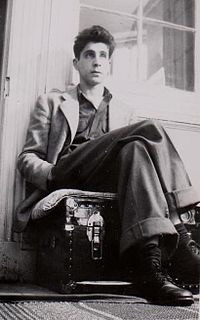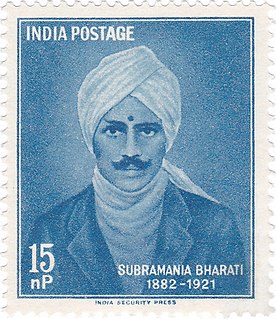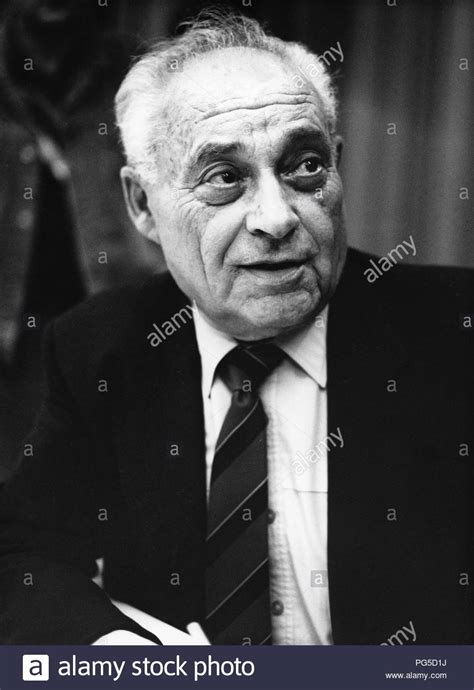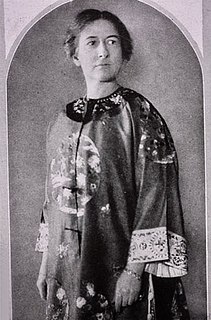A Quote by Anthony Hecht
There's not a good poet I know who has not at the beck and call of his memory a vast quantity of poetry that composes his mental library.
Related Quotes
Loneliness is necessary for pure poetry. When someone intrudes into the poet's life (and any sudden personal contact, whether in the bed or in the heart, is an intrusion) the poet loses his or her balance for a moment, slips into being what he or she is, uses his or her poetry as one would use money or sympathy. The person who writes the poetry emerges, tentatively, like a hermit crab from a conch shell. The poet, for that instant, ceases to be a dead person.
"You cannot believe what you are saying." "Well, no. Hardly ever. But the philosopher is like the poet. The latter composes ideal letters for an ideal nymph, only to plumb with his words the depths of passion. The philosopher tests the coldness of his gaze, to see how far he can undermine the fortress of bigotry."
I wish to suggest that a man may be very industrious, and yet not spend his time well. There is no more fatal blunderer than he who consumes the greater part of his life getting his living. All great enterprises are self-supporting. The poet, for instance, must sustain his body by his poetry, as a steam planing-mill feeds its boilers with the shavings it makes. You must get your living by loving.






































